

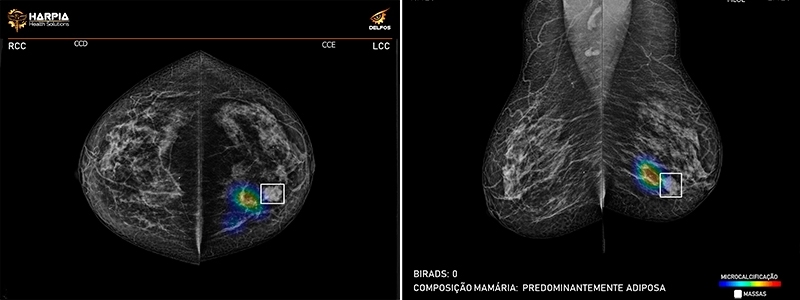
A startup supported by FAPESP has developed a technology based on artificial intelligence that can reduce the time to produce a diagnosis by 40%.
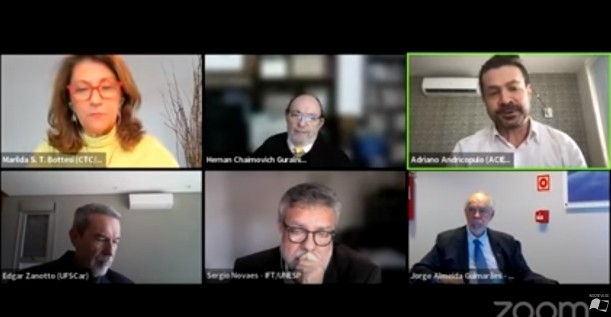
The São Paulo State Academy of Sciences presented the first chapter of a book on FAPESP’s 60 years of contributing to science for national development at the first in a series of online events that will continue until December and can be watched on Agência FAPESP’s YouTube channel.

An online meeting was held to present recent changes to the FAPESP Innovative Research in Small Business Program (PIPE) and highlight the attractiveness of the startups it supports to players in the innovation ecosystem.

Startup supported by FAPESP has developed a novel material based on an innovative strategy that uses cellulose fibers to reassemble graphite crystals.
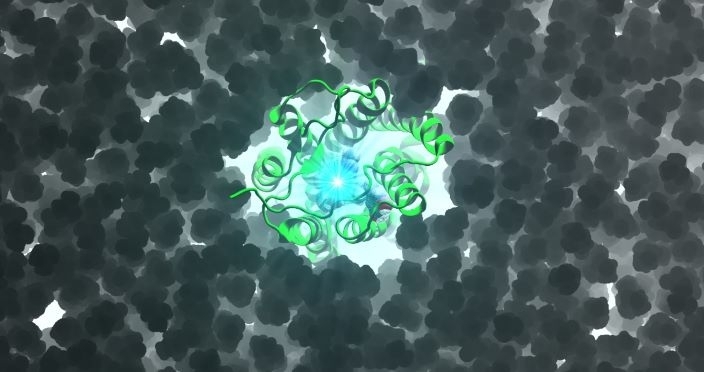
The computational platform developed by the firm, with FAPESP’s support, is capable of screening billions of molecules.

Brazilian researchers discovered, characterized and validated the functions of two novel enzyme families with biotechnological potential.
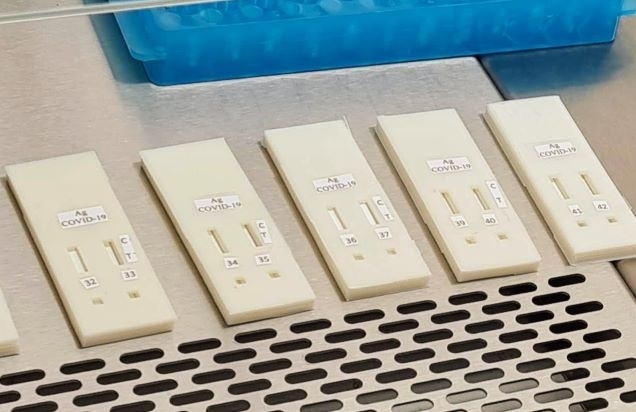
The startup supported by FAPESP produces all of the inputs for the test and will supply them to partner companies that will assemble kits and distribute them to retailers.

The importance of innovation was stressed by participants in the ninth FAPESP 60 Years Conference, who also highlighted the fall in public-sector investment in R&D in recent years.
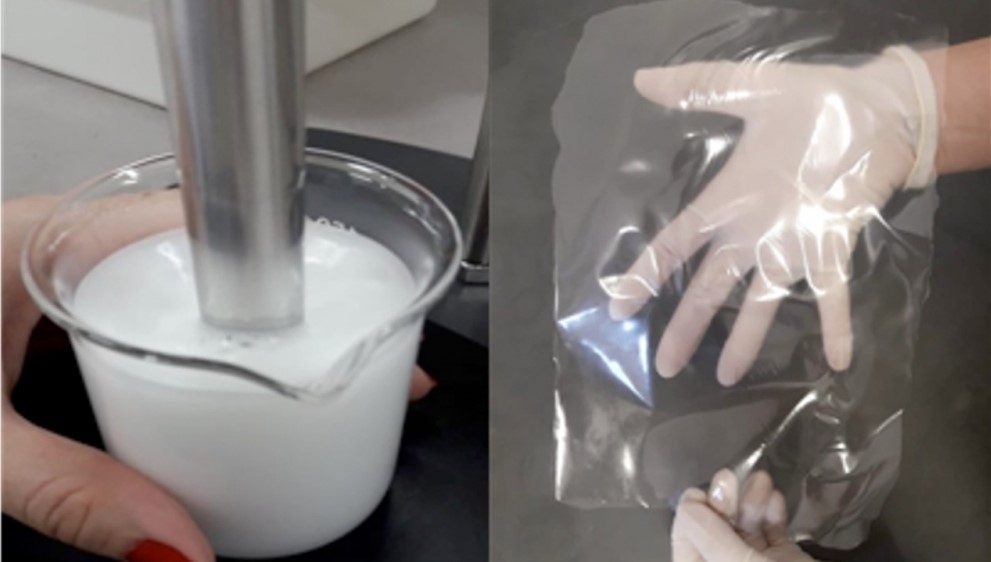
Designed for use as food packaging, the material is produced by scientists at São Paulo State University from gelatin, clay and a nanoemulsion of black pepper essential oil.

A system developed by a startup supported by FAPESP proves capable of predicting diabetic foot with over 85% accuracy. Foot complications occur in 34% of diabetics.
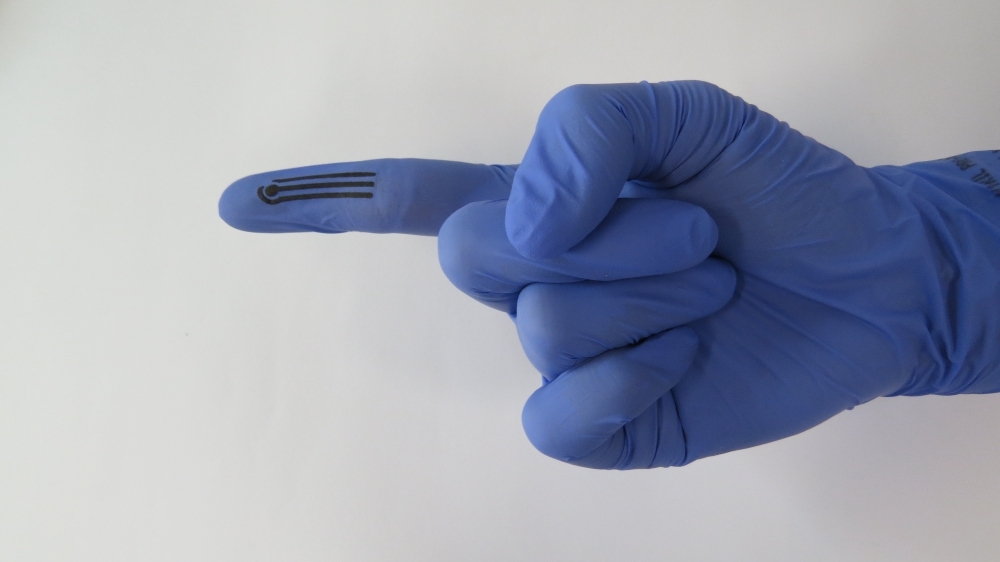
The wearable device has screen-printed sensors on three fingers to detect the presence of toxic substances in fruit and vegetables. Prior preparation of samples is not required, and no waste is generated.
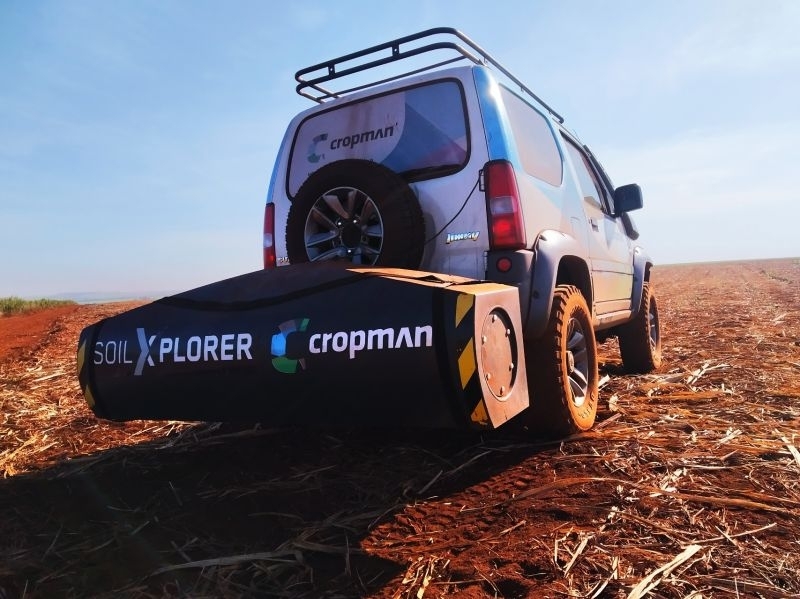
A Brazilian startup has developed technology inspired by the soil mapping techniques used by the oil and gas industry to select drilling sites.
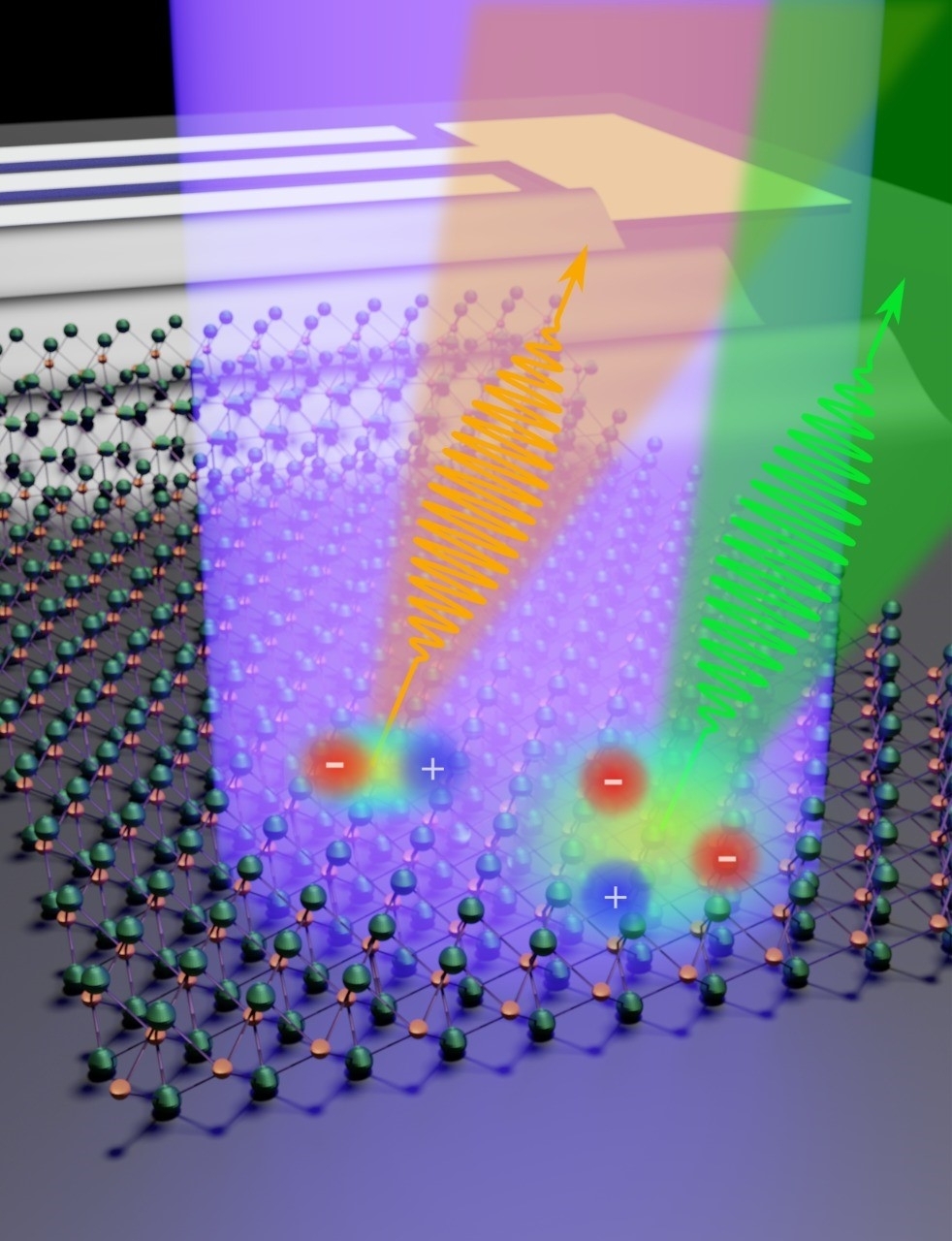
The result permits external control of the light emission from quantum states in two-dimensional semiconductors.
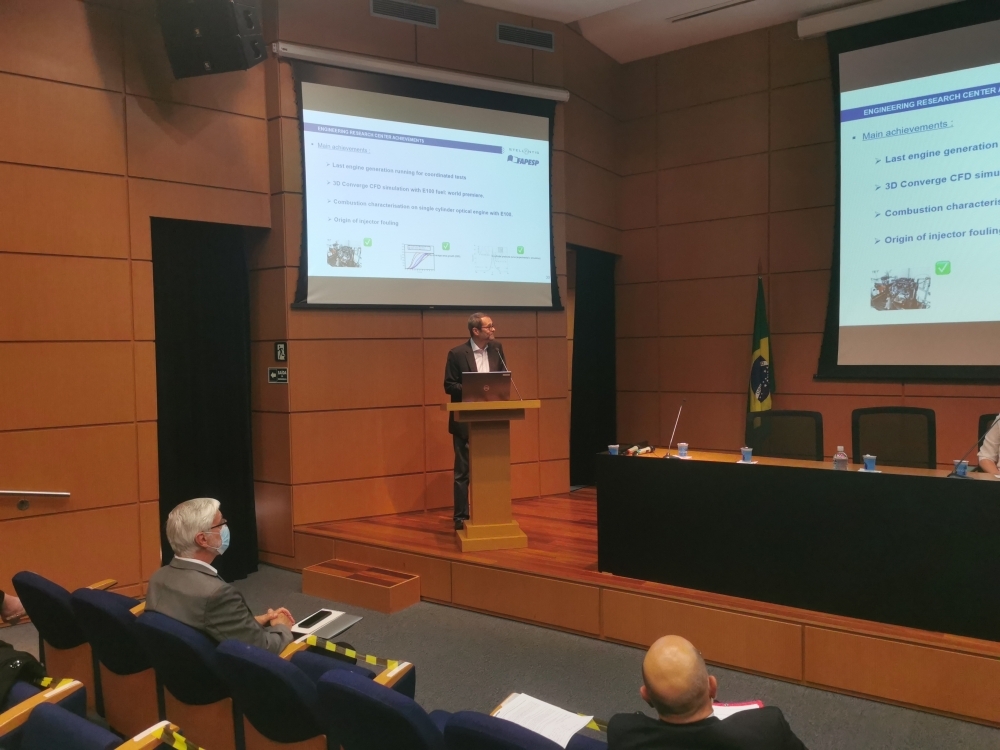
The automotive giant resulting from the PSA-Fiat Chrysler merger is partnering with FAPESP in this ERC, which is integrated with Stellantis’s global network of science labs.
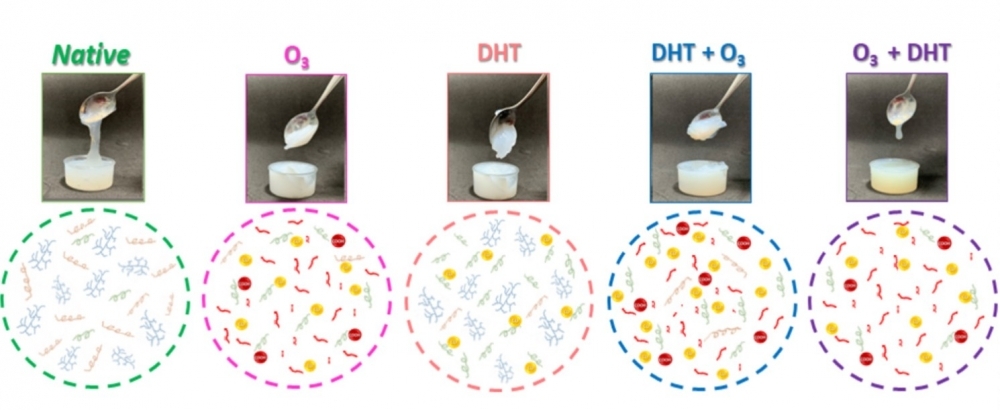
Methods considered emerging are environment-friendly and can be implemented now by industry in various segments.
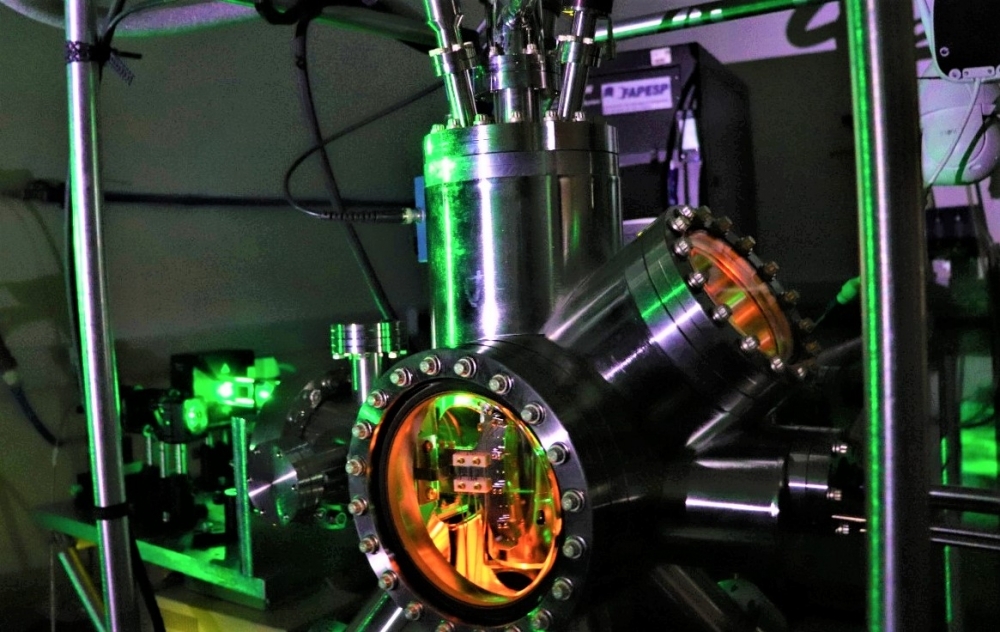
Scientists at the University of Campinas investigated the electronic and optical properties of boron nitride, currently used as an electrical insulator. One of the possible applications is in high-efficiency devices to sterilize spaces, surfaces and water.
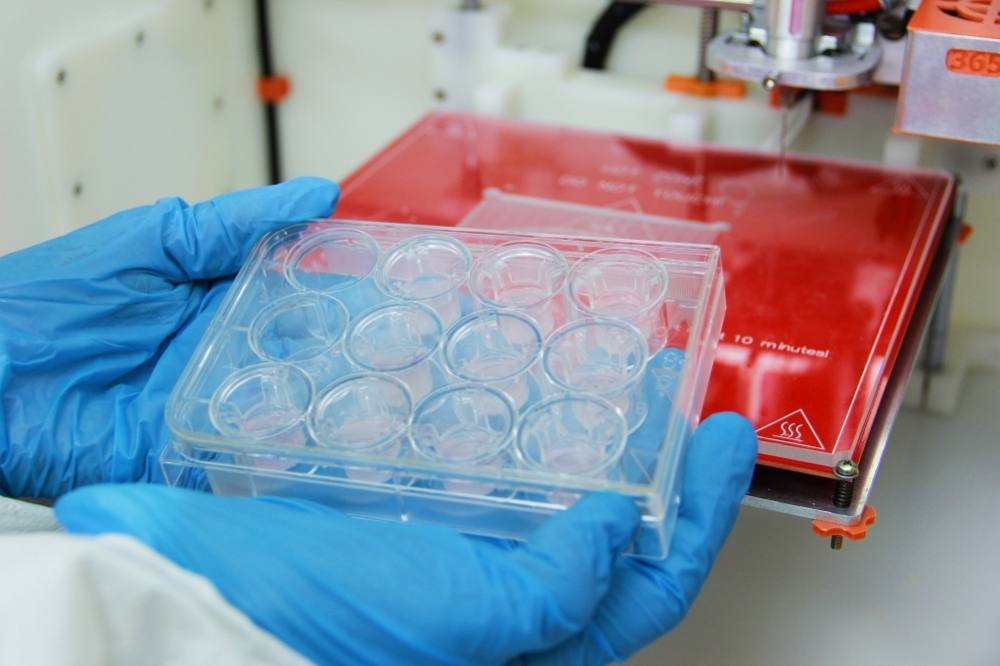
FAPESP has funded development of the solution, which can in future be used to bioprint human organs using cells from the recipient.

The global market for dermal fillers is expected to reach USD 9.4 billion by 2028. The technique consists of injecting hyaluronic acid into the region to be treated.

A paper by a research group including Brazilian scientists and international collaborators shows that low-cost waste biomass can be upcycled to make bioplastic, electronic devices, equipment for power generation, storage and transmission, and other high added-value products.
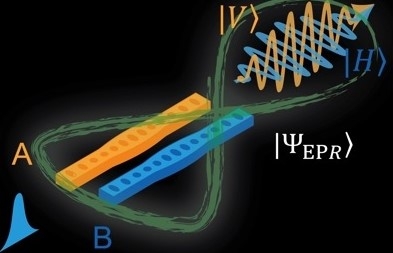
The experiment, performed by Dutch and Brazilian researchers, is an important step toward the construction of a quantum internet.
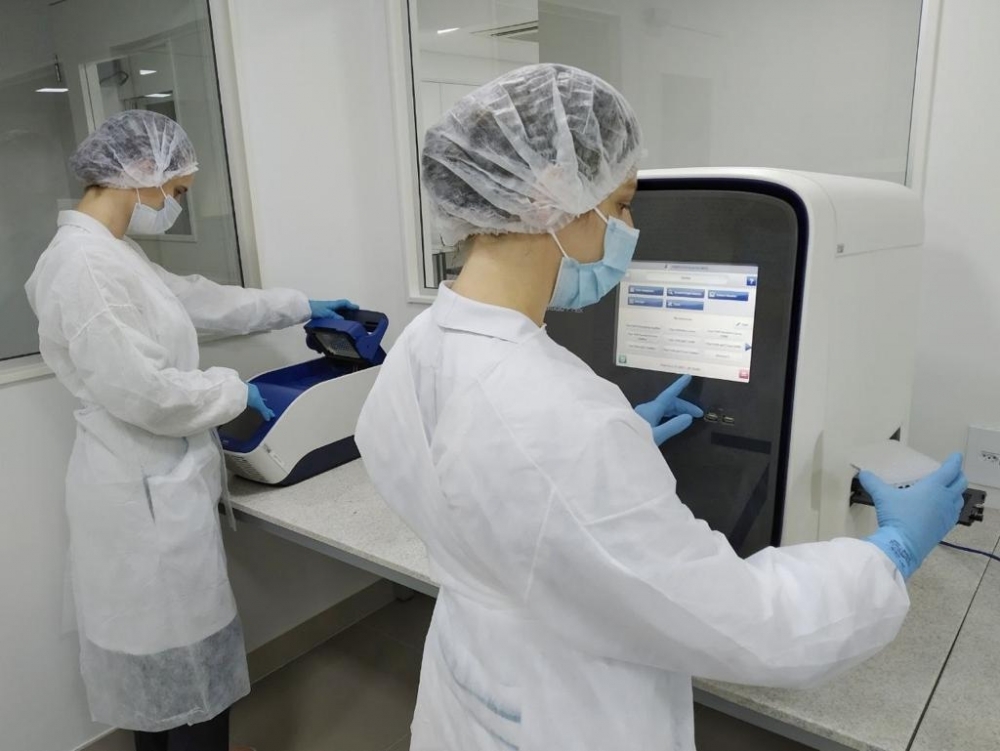
The molecular test mir-THYpe uses biomarkers to detect whether a thyroid nodule classified as indeterminate is cancerous.
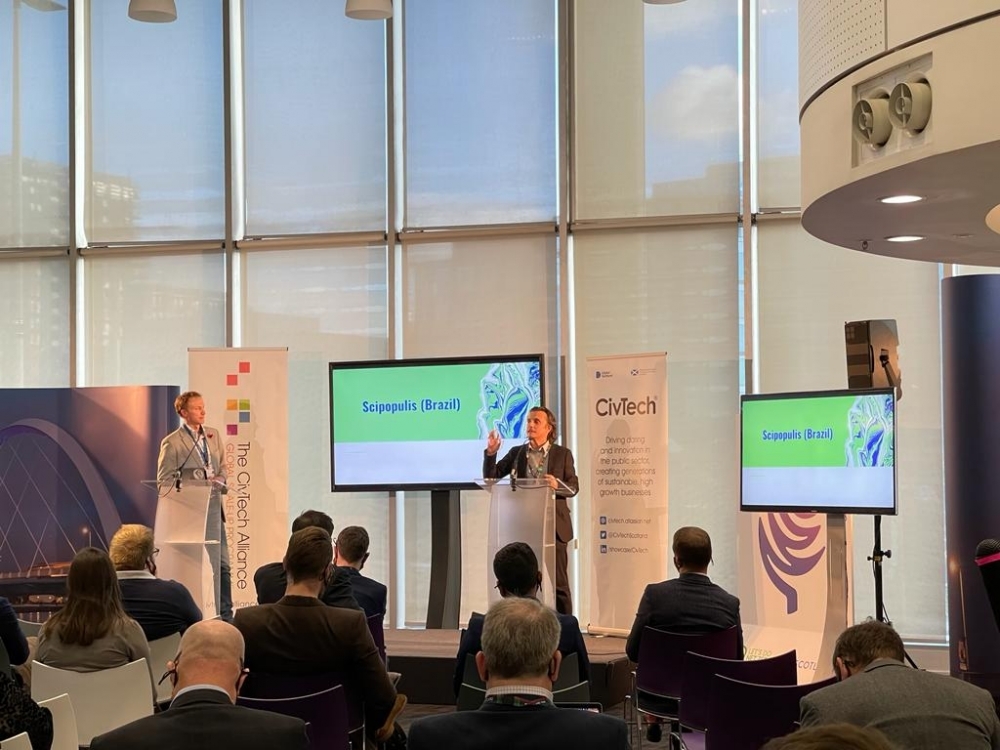
Scipopulis was one of five Brazilian startups selected to participate in a program designed to help innovative fast-growth tech firms implement solutions that mitigate the adverse effects of climate change.
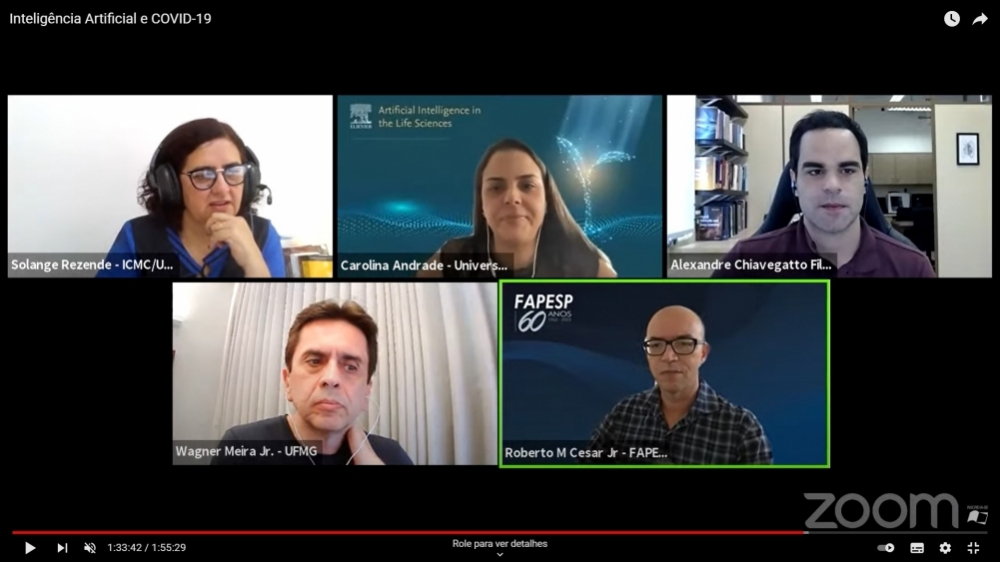
Models capable of predicting the spread of pathogens, algorithms that monitor health complaints on social media, and the use of big data and machine learning to speed up drug development were some of the issues discussed by experts who took part in a webinar organized by FAPESP and the Global Research Council.
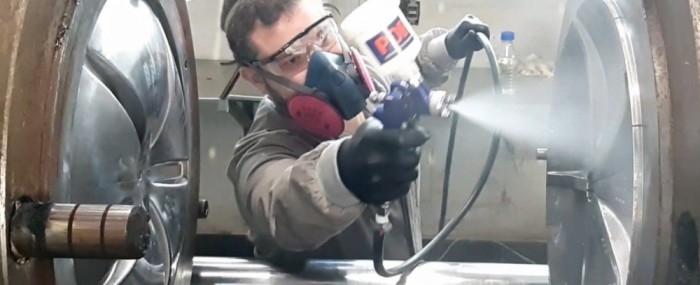
A startup supported by FAPESP has developed a nanotechnological solution for industrial applications that increases the hardness of metal surfaces by 90%.

Benjamin List, who worked with a Brazilian researcher supported by FAPESP, won the prize for developing a cheap and eco-friendly class of catalysts.